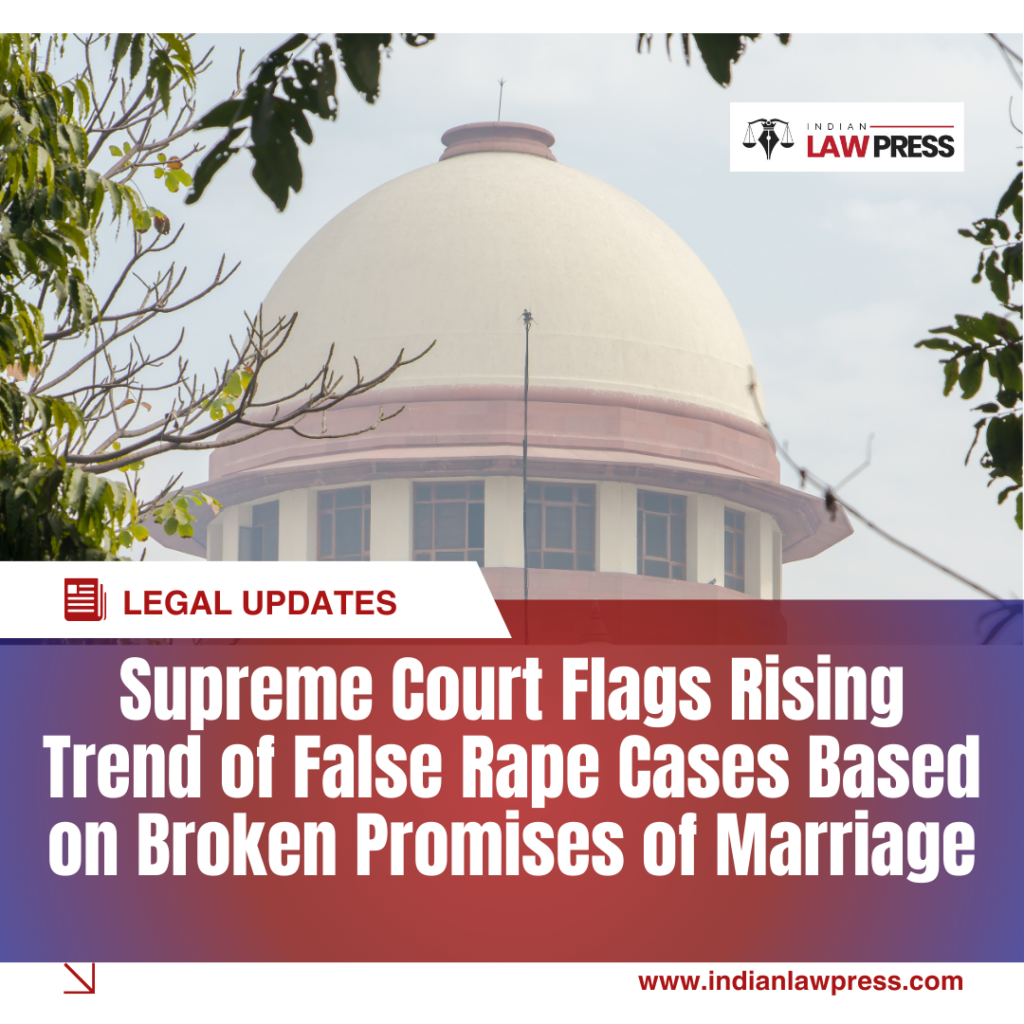The Centre has opposed the Supreme Court’s proposal to fix deadlines for the President and Governors to clear pending bills, warning of “constitutional chaos.” Learn about the arguments, constitutional provisions, and the upcoming Supreme Court hearings.
Introduction
The Union Government has strongly opposed the idea of setting fixed deadlines for the President of India and State Governors to decide on pending legislation. According to the Centre, such a move would disturb the delicate constitutional balance of power and risk creating “constitutional chaos.” The matter is currently under judicial scrutiny, with the Supreme Court hearing arguments from both the Centre and the states.
Background of the Issue
In April 2024, the Supreme Court, while dealing with a case related to Tamil Nadu, suggested timelines for clearing pending bills. The Court prescribed a three-month period for the President and a one-month deadline for Governors to take a decision.
This ruling sparked intense debate, with President Droupadi Murmu formally seeking the Court’s opinion under Article 143 on whether such timelines were constitutionally valid. Subsequently, a Constitution Bench led by Chief Justice BR Gavai has scheduled detailed hearings from August 19, 2025, with submissions from both the Centre and states already in process.
Centre’s Arguments Against Fixed Deadlines
Representing the government, Solicitor General Tushar Mehta argued that the Supreme Court, even under its extraordinary powers granted by Article 142, cannot rewrite the Constitution. He emphasized that the framers of the Constitution did not impose any such deadlines, and judicially created timelines would disrupt the intended checks and balances.
Key highlights of the Centre’s submission include:
- Constitutional Balance at Risk: Imposing deadlines would give one organ of the State powers not vested in it.
- Role of Governors and President: These offices represent higher ideals of democratic governance and should not be reduced to subordinate positions.
- Political vs Judicial Domain: Alleged delays in decision-making should be corrected through political and constitutional processes, not judicial mandates.
- Potential for Chaos: Forcing rigid deadlines could lead to “constitutional chaos” and undermine the smooth functioning of democracy.
Constitutional Provisions Involved
Under Article 200 of the Indian Constitution, a Governor has multiple options when presented with a Bill:
- Give assent to the Bill.
- Withhold assent.
- Return it to the legislature for reconsideration.
- Reserve it for the consideration of the President.
If the Bill is re-passed by the legislature, the Governor must give assent but still retains the power to reserve it for the President if constitutional or national concerns are involved.
This layered process, the Centre argues, ensures a balance of power and prevents hasty lawmaking without constitutional scrutiny.
The Road Ahead
The ongoing case has now taken the shape of a Presidential Reference under Article 143, where the Supreme Court has been asked to clarify the constitutionality of imposing such timelines. The final verdict will have far-reaching implications on the separation of powers, the role of constitutional heads, and the functioning of Indian democracy.
The Constitution Bench, including Justices Surya Kant, Vikram Nath, PS Narasimha, and Atul S Chandurkar, is expected to hear the matter from August 19, 2025. The outcome will determine whether timelines can be mandated for Governors and the President or whether flexibility, as designed by the framers of the Constitution, must prevail.
Conclusion
The debate on fixed timelines for Governors and the President to clear pending bills touches the very heart of constitutional governance in India. While the Supreme Court seeks to address delays in legislative processes, the Centre has warned against judicial overreach that could disrupt the constitutional scheme. The upcoming hearings will play a pivotal role in defining the future balance between the executive, legislature, and judiciary in India’s democracy.
Also Read: CJI BR Gavai: The Constitution of India Is the Unifying Force of the Nation





